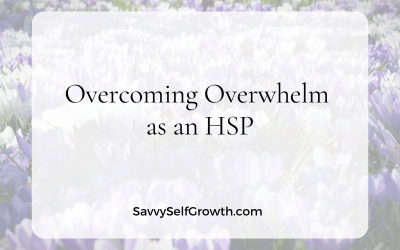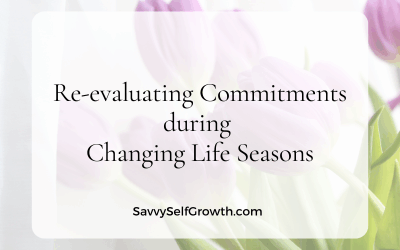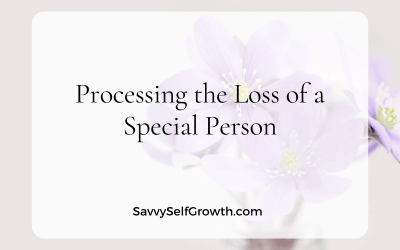 A while ago, I asked my awesome subscribers for their most pressing questions around self-care. I heard some heart-wrenching stories and truly wish I could distribute magic wands to help everyone solve their troubles.
A while ago, I asked my awesome subscribers for their most pressing questions around self-care. I heard some heart-wrenching stories and truly wish I could distribute magic wands to help everyone solve their troubles.
The topic of self-care has come to the fore as many people realize that their level of responsibility for others, and for “getting everything done” is not sustainable and leads to ill-health. Yet – so many more has never heard the term “self-care”. I spoke to my sister-in-law over the weekend. She’s worked in the pharmaceutical industry all her life and this term was completely new to her.
For many years (well, most of my life actually) I believed that self-care is horribly selfish, that I should put everyone else’s needs ahead of my own, and assist every single person who requested my help while disregarding my own needs. It just seemed to happen automatically because I really do enjoy helping people.
The Results
I can tell you now that this does not lead to great results! Through bitter experience with exhaustion, resentment, not wanting to get out of bed, feeling depressed and depleted and “I don’t enjoy my life anymore”, with a large dose of “I hate Mondays”, I realized that the only person who can change this situation is me.
I finally needed to learn to be my own rescuer and I made changes over a long time. I freely admit that I’m nowhere close to being perfect in this area (nor in any other!) – I’m still learning how to keep my energy tanks full so that I can serve others from the overflow, and not the depleted dregs at the bottom!
A Great Question about Self-Care
One of the most touching questions I received from one of our subscribers was this:
“I find myself feeling drained and unable to stay alert and focused for most of the day. My mind focuses better a few minutes before home time. Vitamin supplements do not help to keep me awake all day long. At home I have to take care of a sick elderly brother and supervise homework after cooking dinner. My elder daughter decided to stay at a friend’s home because I asked her for help with cooking. I tried getting assistance but could not sustain it due to financial constraints. I find fulfillment in doing community and church work over weekends. How does self-care succeed when I cannot avoid all these responsibilities?”
My first response was “Oh no, that’s really tough!” and then “What can I say to help? This is a biggie!”
Yes, this is a biggie. A complex situation can’t be answered in one simple sentence.
Have you been in a similar situation where it seemed like you’re responsible for everyone and everything around you, with no way out and no light at the end of the tunnel? I’ve been there, too – and it feels rather like a prison.
Here are a few ideas to get you started if you feel the same way.
Adopt a mindset for making change easier
Any change is usually uncomfortable. If the “new” thing was comfortable, we would already be doing it, right?
If we accept that change may involve some discomfort, we don’t need to be scared off by the discomfort when it arrives. If you’re thinking of changing your situation (by asking for help, refusing to do so much for others, simply saying no, running away <grin> or getting others involved) and you feel petrified of the consequences, realize that it’s normal. Small, gradual steps is best for big changes.
Self-care is a journey. If you’ve been shouldering a lot of responsibility up to now, you can’t simply discard all of it in a day, a week or sometimes even a month. Take a deep breath, and give yourself permission to do this slowly.
Change starts with a Commitment
Every change or moving in a new direction, starts with a commitment. It really doesn’t work to wait for circumstances to change until we make the commitment to self-care. We first need to make the commitment to practicing self-care and then find small ways to do it.
Here’s a surprise: Any commitment we make shows up either in our wallet or in our diary. That means we need to spend either a bit of money, or a bit of time on the commitment.
I totally understand the challenge of not having money resources to pay for help, I’ve been there myself. If we don’t have money, we can spend time on our self-care and in the beginning, it does not have to be a big time commitment.
What if you start with 5 minutes of daily meditation? Or 10 minutes of walking? What fills you with utter joy? Reading, embroidery, another hobby, drawing, meditating, looking at photographs of happy times? Find something really simple you can do for a time commitment of 5 or 10 minutes per day and stick to that commitment. It’s an investment in your own health, well-being and long –term happiness. And your happiness rubs off on those around you!
Practical Tips
Listen to our guest expert, Michael Bloom, talk about “The Roadmap to Caregiving without Regret”. Michael had all the necessary skills for caregiving as a professional caregiver to adults in need. When his own parents suddenly needed caregiving, he made the mistake of thinking that he could do it all by himself. His body was not able to cope with the multitude of demands – and gave him the message loud and clear through a painful dose of shingles.
Michael is going to share incredible tips about how to manage the role of “caregiver” (especially if it was not planned, which is how we usually end up there!) AND take great care of yourself at the same time so you don’t run out of steam.
Michael’s just written an excellent blog article specifically for caregivers!
To listen to Michael’s empowering advice for caregivers, please get your free access pass at www.savvyselfcaresecrets.com – it’s going to be incredible!
Have a Question about Self-Care?
Please post your question here and we can answer it for you over the next few weeks!




